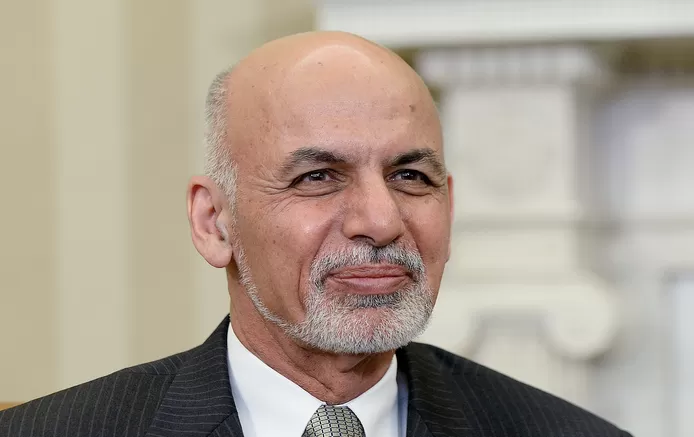President Ashraf Ghani’s flight from Afghanistan undermined diplomatic efforts to secure a two-week ceasefire and begin negotiations on the establishment of a transitional government, Bloomberg reports.
The weeks leading up to the capture of Kabul, the speed of which surprised the Taliban themselves, were filled with diplomatic activity by the United States and its allies in Qatar to avoid chaos and ensure order.
Afghan negotiators and the Taliban had tentatively reached an agreement for a two-week ceasefire in exchange for the resignation of President Ashraf Ghani and the start of talks on setting up a transitional government, Bloomberg reveals, according to the two people close to the matter.
Under the terms of this tentative agreement, the ceasefire would have paved the way for former President Hamid Karzai, who remained in Kabul, and other current and former officials to negotiate some sort of power-sharing agreement with the Taliban.
A missed opportunity
According to the agency’s sources, the Afghan president’s decision to leave the country, which surprised his team of negotiators in Doha, diplomats and other senior officials involved in the process, destroyed that opportunity.
“The Taliban have never negotiated in good faith, and there is no reason for them to start now. They have all the power in Afghanistan and clearly don’t want to share it,” Anish Goel, a senior fellow at New America and former White House senior director for South Asia under President Barack Obama, told the agency.
Ghani’s flight
The President of the Islamic Republic of Afghanistan left the country on August 15 after the Taliban took Kabul. On Facebook, he admitted that the Taliban had won and that his decision to leave was made “to avoid a bloodbat”.
The representative of the Taliban political bureau, Muhamed Naïm, announced the end of the 20-year war on the night of August 15-16. Several countries evacuate their nationals and diplomats by military aircraft, while commercial flights have been suspended at Kabul International Airport.
